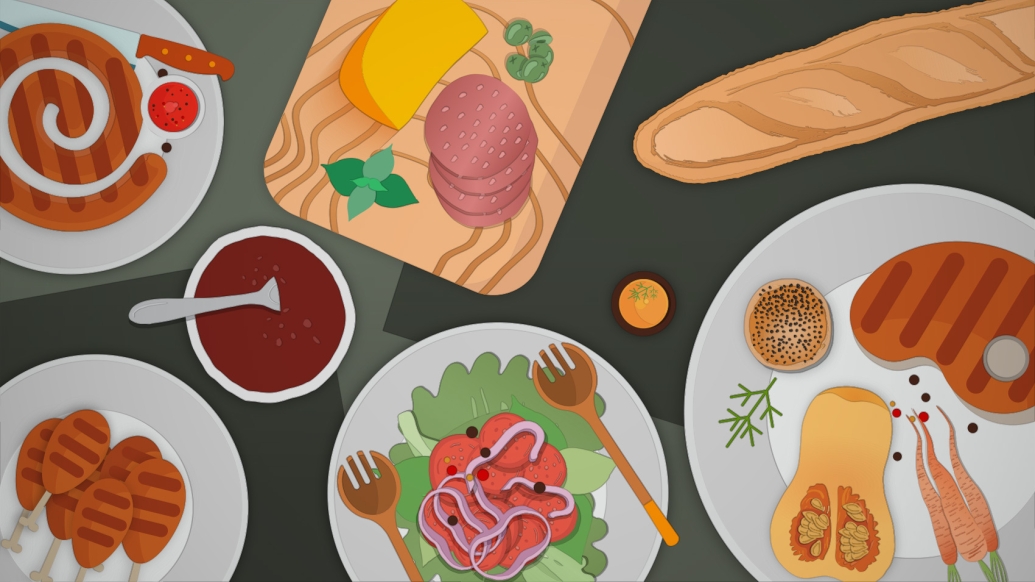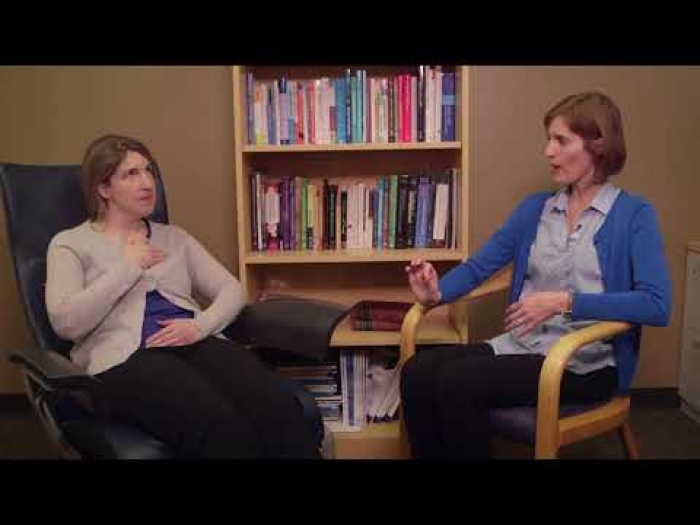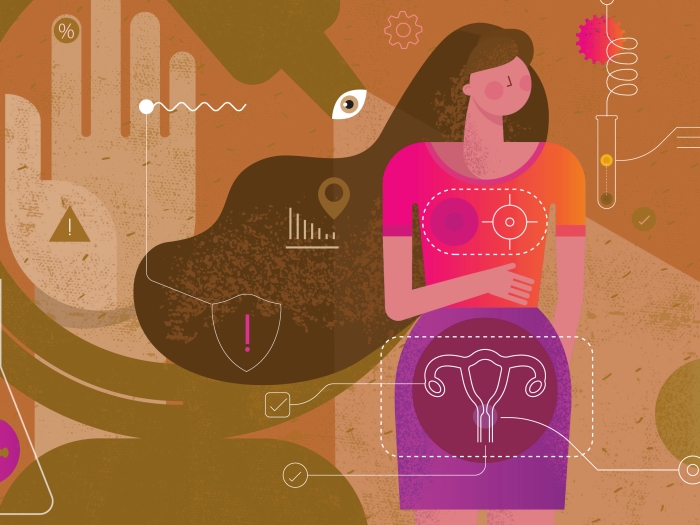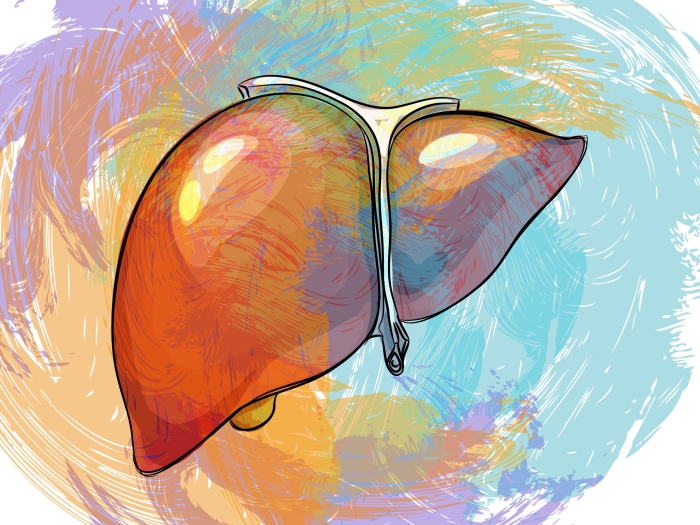Holiday overeating can result in unwanted GI issues. Read on for fixes for your current symptoms, plus tips to avoid similar problems in the future.
7:00 AM
Author |

If you are feeling bloated, gassy or constipated after too much holiday indulgence, simple tweaks can help diminish and eliminate symptoms.
MORE FROM THE HEALTH BLOG: Subscribe to our weekly newsletter
Being aware of foods and behaviors that cause and worsen digestive tract disturbances is a great first step. Here are some possible solutions to your gastro woes.
Fixes for bloating and gas
Stop swallowing air: Unfortunately, there isn't a magic medicine to make gas dissolve into thin air (pun intended). But you can easily change behaviors that unknowingly produce gas. Anytime you consciously or unconsciously swallow air — by doing things like chewing gum, smoking, drinking through a straw or eating quickly — you may increase gas within your GI tract.
More than just beans: Another solution is to decrease the amount of food that triggers gas production.
Dairy in the form of milk, ice cream and yogurt is a big source of gas production. People that reduce or eliminate these items from their diets often see benefits within a week. Pasta, wheat, bran and food items sweetened with artificial sweeteners, such as gum and hard candy, also produce gas.
In addition, fruits and vegetables to watch for include stone fruits (fruits with a pit), pears, raw apples, watermelon, beans, lentils, onions, garlic, green peppers, shallots, cauliflower, broccoli, Brussels sprouts and artichokes. These healthy foods can cause uncomfortable symptoms in the GI tract for many people. Similarly, fiber in whole grains and whole wheat bread ferments in the gut and causes gas.
Figuring out what to eat and what to avoid can be confusing, so we highly recommend working with a dietitian who specializes in GI health to determine what dietary changes are appropriate for you.
Get healthy bacteria back in your gut: Probiotics are good bacteria that help maintain a natural balance of organisms in the intestines, reducing the growth of harmful bacteria and promoting a healthy digestive system. They are key to achieving a healthy atmosphere in your GI tract, decreasing gas and bloating. Probiotics can be found in foods such as yogurt with live cultures and yeast, and are also available as dietary supplements. Many people use probiotics to counteract the effects of antibiotics; in addition to killing the bacteria that was causing you illness, antibiotics have been found to kill good bacteria in your gut, which can cause a temporary disruption in your digestive system.
Constipation: This digestive tract issue can cause a great deal of discomfort. Fortunately, there are many ways to combat it.
SEE ALSO: Aging and Digestive Health: 6 Factors to Watch For
If your constipation is a new change from your regular bowel habits or if it is impacting your life and your activities, we recommend seeing your primary care physician or a gastroenterologist. There could be bigger issues to address, such as an obstruction, a medication side effect or another medical problem. If rectal bleeding, abdominal pain or weight loss accompany your other symptoms, you should see your doctor right away.
There are many different reasons people become constipated. The most common type of constipation is idiopathic constipation, which means you have a slow bowel not necessarily caused by any other medical problem. Constipation can also be the result of other medical conditions, such as diabetes or hypothyroidism — an under-active thyroid causes many of the body's functions to slow down, including the digestive tract. Medications such as narcotic pain medications, antidepressants, anticonvulsants, and iron supplements can also cause constipation.
Increasing exercise and your consumption of water are two easy and basic things you can do to produce results. In addition, stool softeners, laxatives, suppositories and enemas are all options to consider. (Carefully read usage directions beforehand.)
-
Laxatives come in two categories: osmotic and stimulant. Stimulants are among the most powerful laxatives and should be used with care. They are not for long-term use and are usually recommended for occasional constipation only. Osmotic products are gentler, less habit forming and safe for long-term use. Osmotic laxatives increase water in the stool, making it easier to pass.
-
Enemas and suppositories are products used to stimulate bowel movements from below. An enema is a liquid that is inserted into the rectum to relieve occasional constipation. A suppository is a small plug commonly made from glycerin that is inserted into the rectum to stimulate a bowel movement.
-
Natural alternatives: Laxative teas can be effective in stimulating bowel movements. They often contain an ingredient called senna, which is used both in natural and pharmaceutical products. Prunes are also an effective natural remedy for constipation. They contain fiber and sorbitol, both natural laxatives.

Explore a variety of healthcare news & stories by visiting the Health Lab home page for more articles.

Department of Communication at Michigan Medicine
Want top health & research news weekly? Sign up for Health Lab’s newsletters today!





